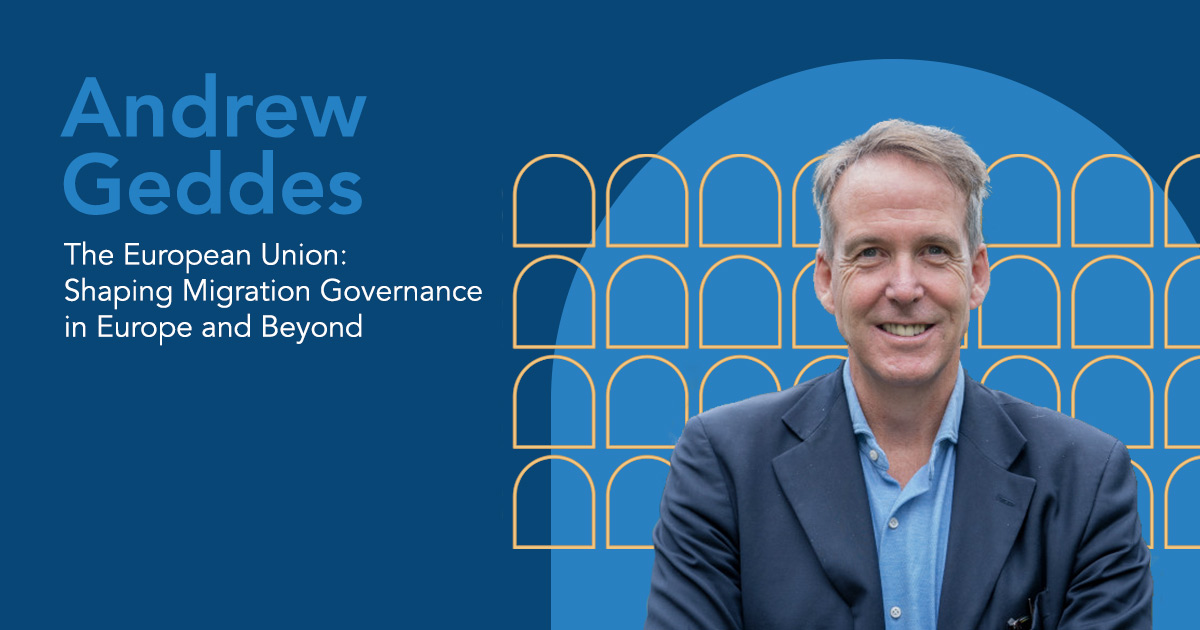A new book chapter by the MPC director Andrew Geddes in ‘Understanding Global Migration’ (edited by James F. Hollifield and Neil Foley). Andrew Geddes develops an understanding of Europe migration governance that emphasizes not only the outputs or outcomes of governance (laws, policies, and the like) but also the understandings and representations of migration that inform it. The argument is that the EU actively contributes to “re-bordering,” by which is meant that the perceived need to protect the internal European space and its project of market integration has seen limits both on free movement for EU citizens and efforts to regulate more tightly the external borders of the EU’s member states. Geddes shows that migration governance is not just an ex post reaction to migration flows, but that governance systems through their actions, inactions, and interactions develop the categorizations that organize and manage international migration.
Understanding Global Migration offers scholars a groundbreaking account of emerging migration states around the globe, especially in the Global South. Leading scholars of migration have collaborated to provide a birds-eye view of migration interdependence. Understanding Global Migration proposes a new typology of migration states, identifying multiple ideal types beyond the classical liberal type. Much of the world’s migration has been to countries in Asia, Africa, the Middle East, and South America. The authors assembled here account for diverse histories of colonialism, development, and identity in shaping migration policy. This book provides a truly global look at the dilemmas of migration governance: Will migration be destabilizing, or will it lead to greater openness and human development? The answer depends on the capacity of states to manage migration, especially their willingness to respect the rights of the ever-growing portion of the world’s population that is on the move.
